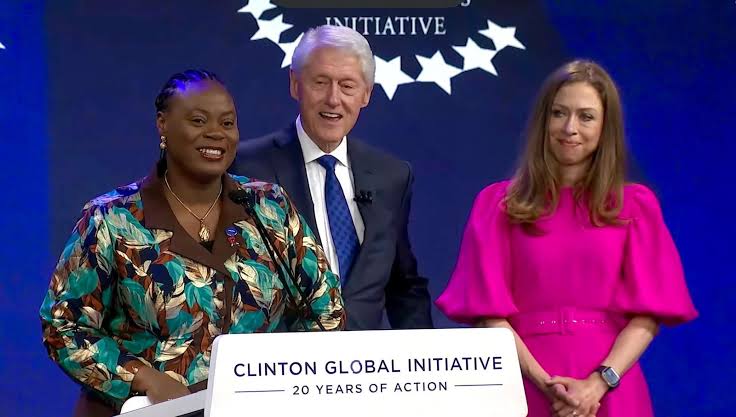
The Federal Government of Nigeria has recorded a breakthrough in HIV prevention with the landmark price reduction of lenacapavir, a revolutionary drug, announced by the National Agency for the Control of AIDS (NACA).
The development was unveiled during the Clinton Global Initiative (CGI) 2025 Annual Meeting, held alongside the 80th United Nations General Assembly (UNGA) in New York.
Under the new deal, the cost of the twice-yearly HIV prevention injection has been cut from $28,000 (₦41.9 million) to just $40 (₦60,000) per person annually. This historic drop makes the drug affordable to millions in Nigeria and more than 100 other low- and middle-income countries. Studies show lenacapavir is up to 100 percent effective in preventing HIV infections.
Representing Nigeria at the event, NACA Director-General, Dr. Temitope Ilori, hailed the agreement as a game-changer in the country’s HIV response.
“Today marks a milestone in our fight against HIV in Nigeria and globally. This landmark access agreement unlocks affordable access to lenacapavir – a transformational option that guarantees longer protection, convenience, and renewed hope for millions at risk,” she said.
Ilori further stressed that the achievement balances innovation with equity: “This breakthrough is not reserved for a privileged few. It sets the stage for broad, lasting impact for those who need it most.”
The price slash was achieved through a coalition of global partners including UNITAID, the Clinton Health Access Initiative (CHAI), Wits RHI, Dr. Reddy’s Laboratories Ltd. (DRL), and the Gates Foundation, who have also committed to fast-tracking generic versions of lenacapavir by 2027.
Nigeria’s involvement has been praised as a demonstration of leadership at the UNGA, reinforcing its commitment to scaling up prevention, strengthening health systems, and accelerating the goal of ending HIV as a public health threat by 2030.
Currently, more than two million Nigerians live with HIV. While antiretroviral therapy (ART) remains freely available at public facilities, the rollout of lenacapavir is expected to significantly enhance prevention, especially among vulnerable groups.








